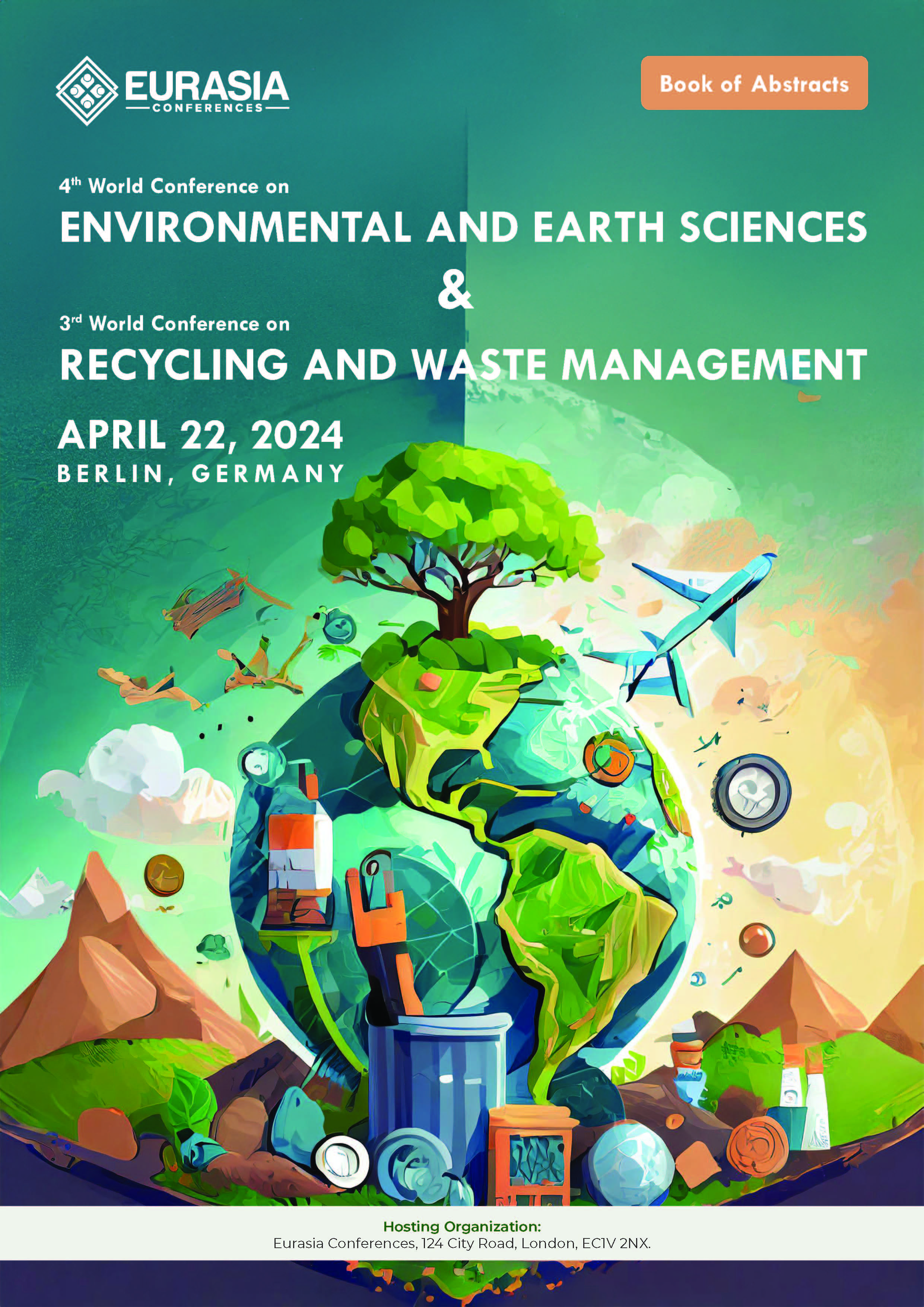
Greys Carolina Herrera Morales and Elsa Irene Pilataxi Gordón
The production of orellanense cocoa in the Ecuadorian Amazon supports 5,321 families. However, the accumulation of waste such as cocoa husks is undervalued due to the lack of adequate and technified management. However, one of the main challenges facing this activity is the generation of large volumes of organic waste, including the husks that cover the cocoa beans.
In response to this complex problem, the implementation of an innovative pilot project focused on the transformation of the abundant Amazonian cocoa husk into quality raw material for the manufacture of kraft paper for food wrapping is proposed. The initiative is based on a circular management model for agro-industrial organic waste, based on modern recycling and cleaner production processes.
Through the articulation of multiple public and private actors in a multi-stakeholder partnership, this project seeks to generate economic, social and environmental benefits in a comprehensive manner. On the one hand, it would provide an opportunity for farmers to increase their income by adding value to a previously discarded by-product. It would also stimulate the emergence of community enterprises and small businesses dedicated to both the collection and processing of the husk and the manufacture of the paper itself. At the same time, it would meet the growing demand for eco-friendly packaging products from medium and large food industries committed to sustainability. Most importantly, it would avoid pressure on Amazonian forests by using only agricultural residues, not wood, as raw material.